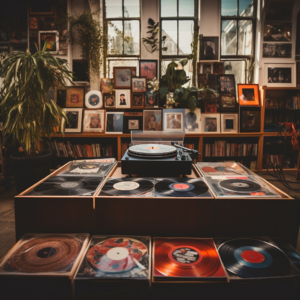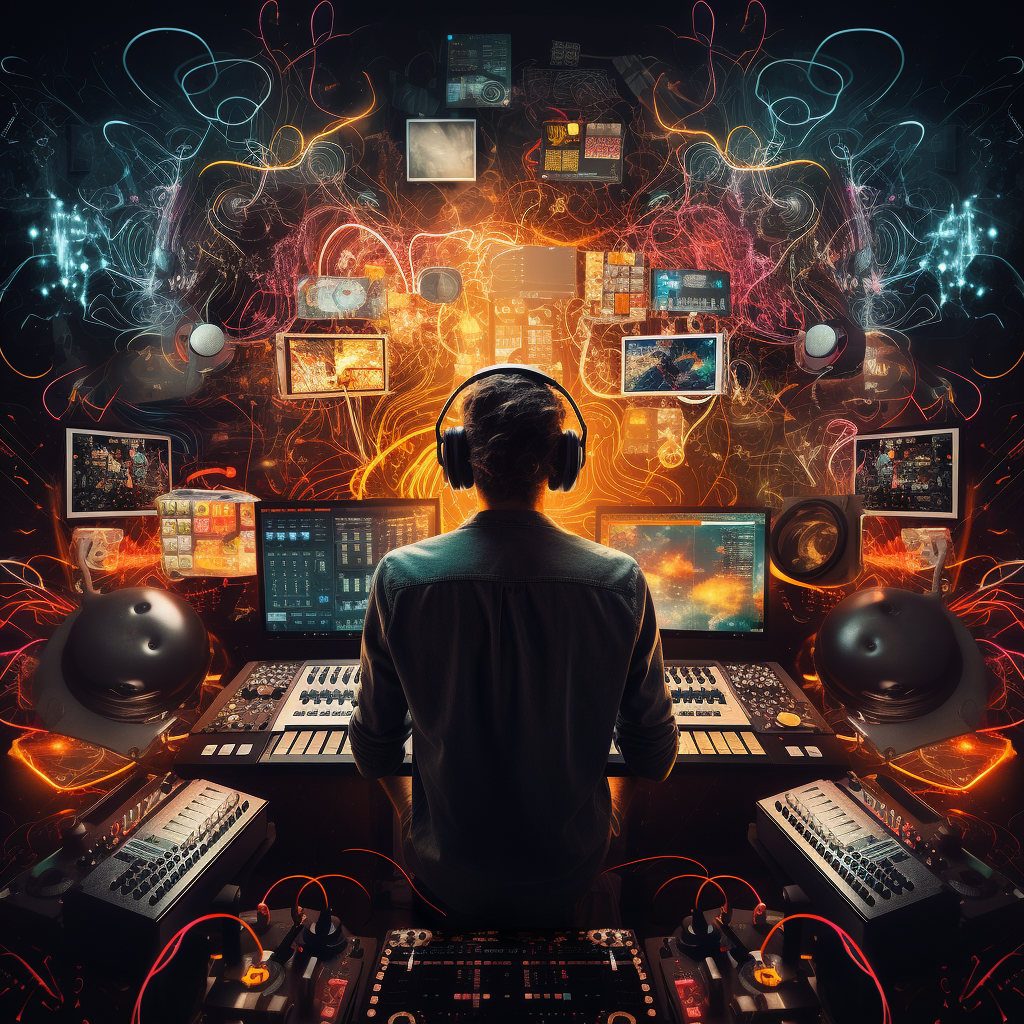

Digital recording eliminated the noise and distortion associated with analog tape, resulting in cleaner and more accurate sound.
Sports analyst, Sarah Johnson
With the advent of software-based tools, it's possible to create music that would have been impossible to achieve just a few decades ago.
Legendary producer and composer Quincy Jones

The blending of different genres through digital experimentation has created a new era of music that is not bound by traditional genre constraints
The music industry has seen a significant shift towards streaming services, with streaming now accounting for over half of all music consumption in the United States.
Technology has allowed me to experiment with different sounds and styles that would have been impossible in the past.
Grammy-nominated DJ and producer, Diplo
Digital audio workstations have been a complete game-changer for music production. They've made it possible to create complex arrangements, layer sounds and instruments, and experiment with different effects and processing techniques. The result is a whole new world of sound that was never possible before.
AI has the potential to revolutionize the music industry by enabling us to create entirely new sounds and genres that we haven't even thought of yet.
Music technology expert Dr. Rebecca Fiebrink
The streaming economy has created a race to the bottom.
